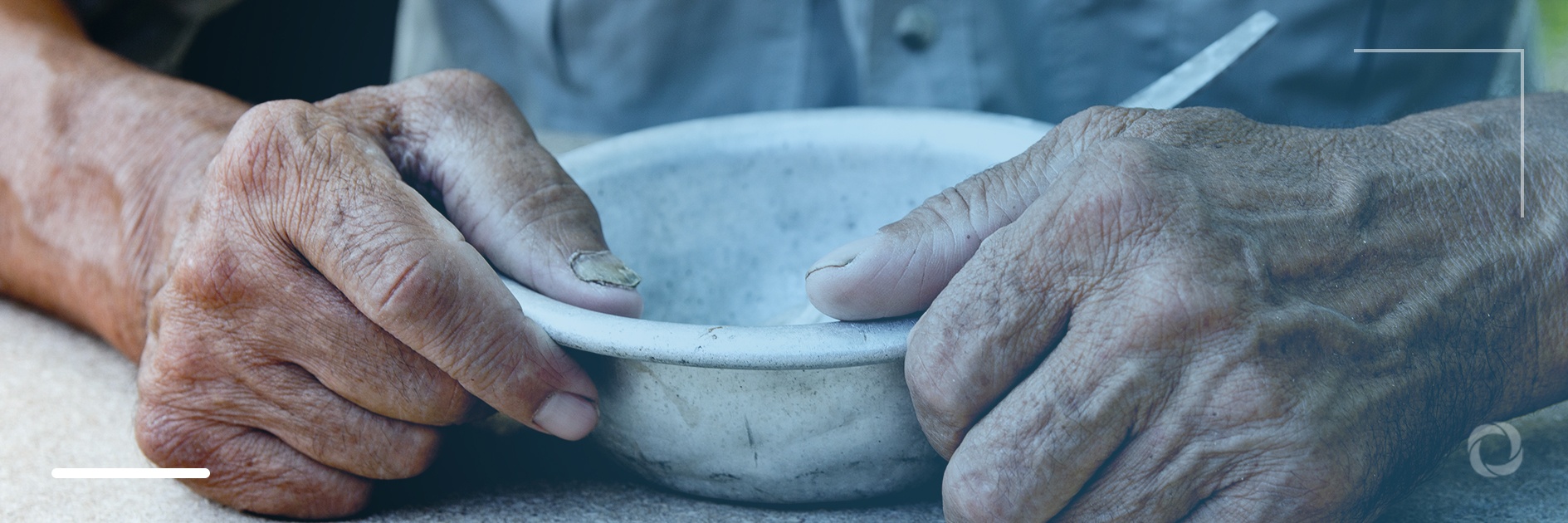North Korean supreme leader, Kim Jong-un, has warned that the population must be prepared for hard times ahead as hunger and poverty in the country are dramatically surging.
Kim Jong-un has compared the ongoing crisis to the “Arduous March” of the 1990s which is how the worst famine to affect North Korea is referred to. Although no official numbers are available, it is estimated that as many as 3 million people starved to death during that disastrous famine which occurred when the Soviet Union collapsed and North Korea was left without the vital support needed for the country to survive.
As the Korean authorities have now introduced very harsh lockdown restriction practically closing the country to any type of exchange of goods, hunger levels are growing dramatically. Despite the lack of official data which would allow the true situation to be assessed, some numbers can be identified.
North Korea’s trade with China, with whom the country relies on for its food supplies, has dropped by 80%. Any attempt to smuggle food through the border is severely punished as Human Rights Watch confirms: “The country has also ramped up punishments for smuggling, describing it as “anti-socialist” and “enemy” behavior.”
However, it is not only the pandemic that has contributed to food insecurity. Korea was hit by two disastrous storms last summer which severely affected crops, depriving people of food. Furthermore, although North Korean officials claim to have ensured that thanks to harsh restrictions the country was able to avoid the COVID-19 pandemic, media sources indicate that this statement is not true.
According to Tomás Ojea Quintana, UN Special Rapporteur on North Korean Human Rights, the country is experiencing a serious food crisis leading to widespread malnourishment and starvation.
“Deaths by starvation have been reported, as has an increase in the number of children and elderly people who have resorted to begging as families are unable to support them,” he said in his latest report.
The BBC has also reported that, according to its sources, more and more people are begging on the streets, especially the elderly as their families are unable to help them. Due to the food and medicine shortages, many diplomats and employees of international organizations have now left the country.
It is even more difficult to deliver help to those who are desperate now that UN World Food Programme employees have left and also because the authorities have brushed aside offers of international aid.
“It is possible to understand those leaving the [North] Korean capital. Hardly anyone can stand the unprecedented total restrictions [on individuals], the sharp deficit of essential goods, including medicines, the lack of any possibility to resolve health problems,” a member of staff at the Russian Embassy stated.
However, Kim Jong-un seems reluctant to channel money to buy food and medicines. Instead, the funds are apparently being spent on maintaining the army and to finance nuclear weapon tests.
It is hard to estimate how many people are suffering due to famine at the moment because of the lack of credible data but in 2019, prior to the COVID-19 pandemic, the UN estimated that over 10 million out of almost 27 million North Korean inhabitants were hungry.

